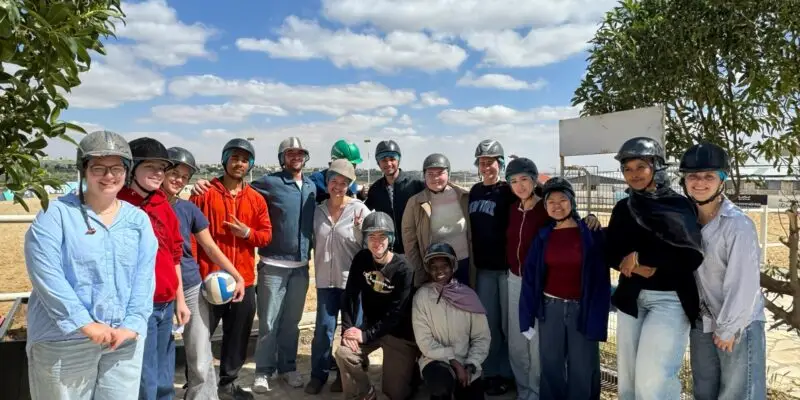
Sunshine and Fun Times in Jordan!
Photos by Annette Honey Hochstadt, (American University), Student Correspondent for CET Jordan, Spring 2025 Saheel Riding Center CET took us on a lovely trip to Saheel riding

Exploring Mount Nebo, Madaba, Dead Sea & Wadi Rum
Photos by Annette Honey Hochstadt, (American University), Student Correspondent for CET Jordan, Spring 2025 Trip to Mount Nebo and Madaba CET took us on a lovely trip
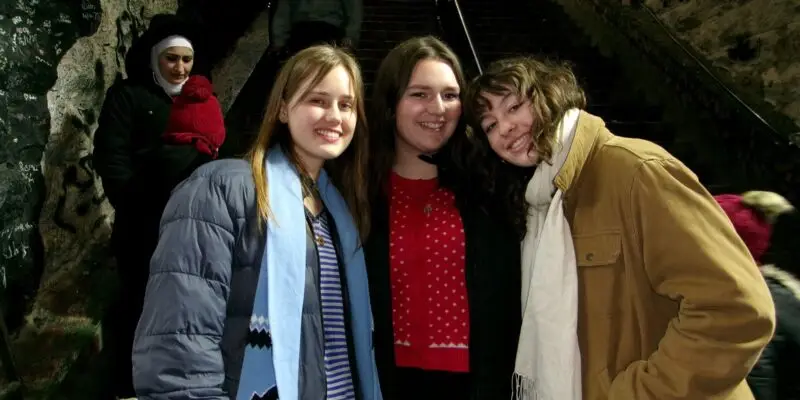
The Writings on the Wall: Exploring the Amman Graffiti Scene and more!
Photos by Annette Honey Hochstadt, (American University), Student Correspondent for CET Jordan, Spring 2025 This picture is taken from the Webdeh neighborhood, which is known for its

From a Monument to a Market: A Student’s Journey in Amman, Jordan
Photos by Annette Honey Hochstadt, (American University), Student Correspondent for CET Jordan, Spring 2025 Welcome Dinner: Jordanian BBQ Delight CET students enjoying their welcome dinner of

Beyond the Classroom with CET
Written by Harper Schrader, (Kalamazoo College), Student Correspondent for CET Jordan, Fall 2024 What do you do in Jordan besides attend classes? Excursions, of course! One of
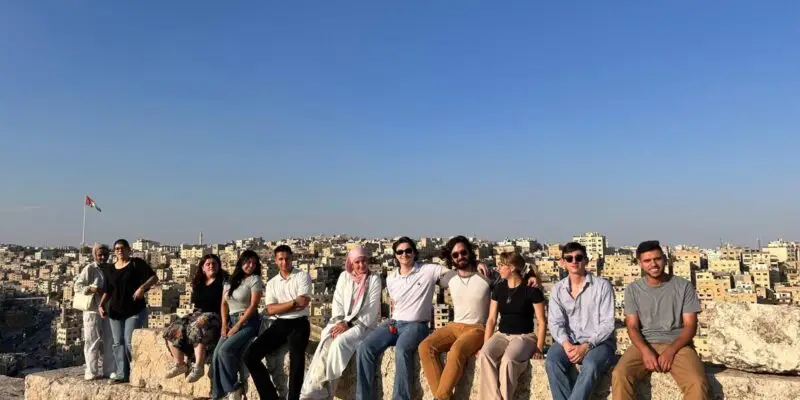
Answering Your Questions About Jordan!
Written by Harper Schrader, (Kalamazoo College), Student Correspondent for CET Jordan, Fall 2024 Why did you choose to study abroad in Amman, Jordan or with CET specifically?
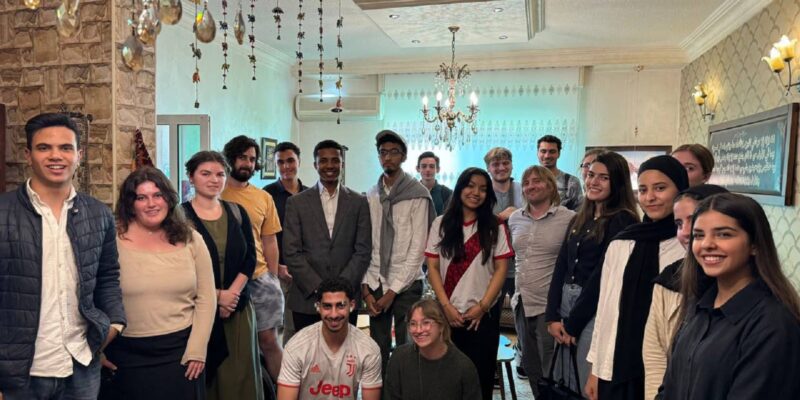
Connecting Through Conversation: Inside a Jordanian Home
Written by Harper Schrader, (Kalamazoo College), Student Correspondent for CET Jordan, Fall 2024 As part of CET’s intensive Arabic language class, we recently participated in a field
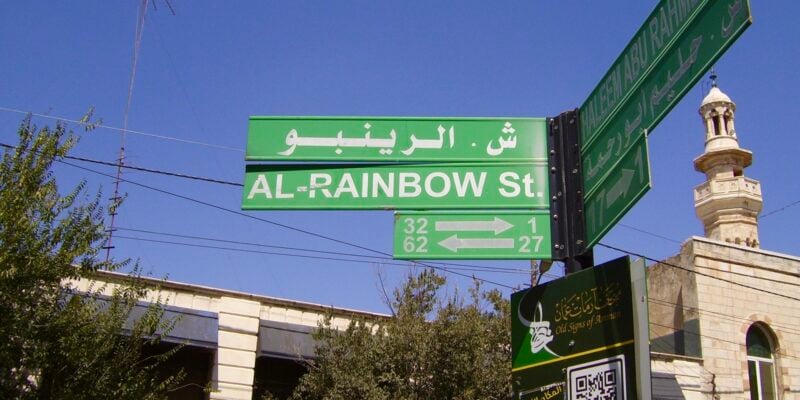
Amman’s Book Garden: Connecting People and Books
Written by Harper Schrader, (Kalamazoo College), Student Correspondent for CET Jordan, Fall 2024 When you’re exploring Amman, Rainbow Street is a bucket list stop. Whether it’s for

Art in Times of Struggle: Palestinian Symbols in Amman
Written by Silas Gaughran-Bedell, (American University), Student Correspondent for CET Jordan, Spring 2024 Throughout the past semester, the ongoing siege on Gaza has continuously loomed in the
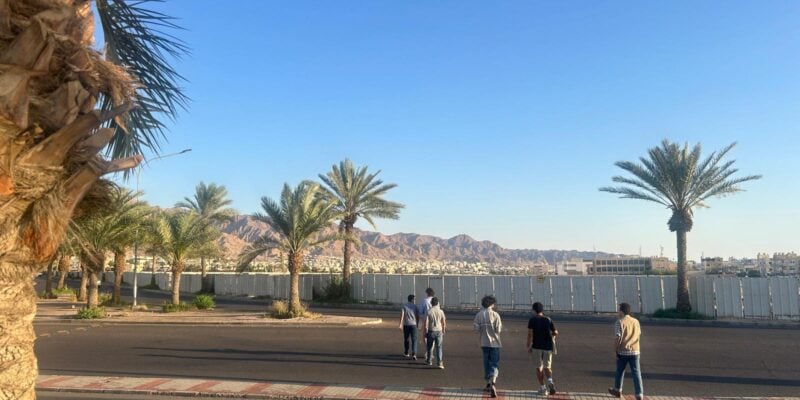
Exploring Aqaba, Jordan
Written by Silas Gaughran-Bedell, (American University), Student Correspondent for CET Jordan, Spring 2024 At the southernmost point of Jordan, on the shores of the Red Sea, stands